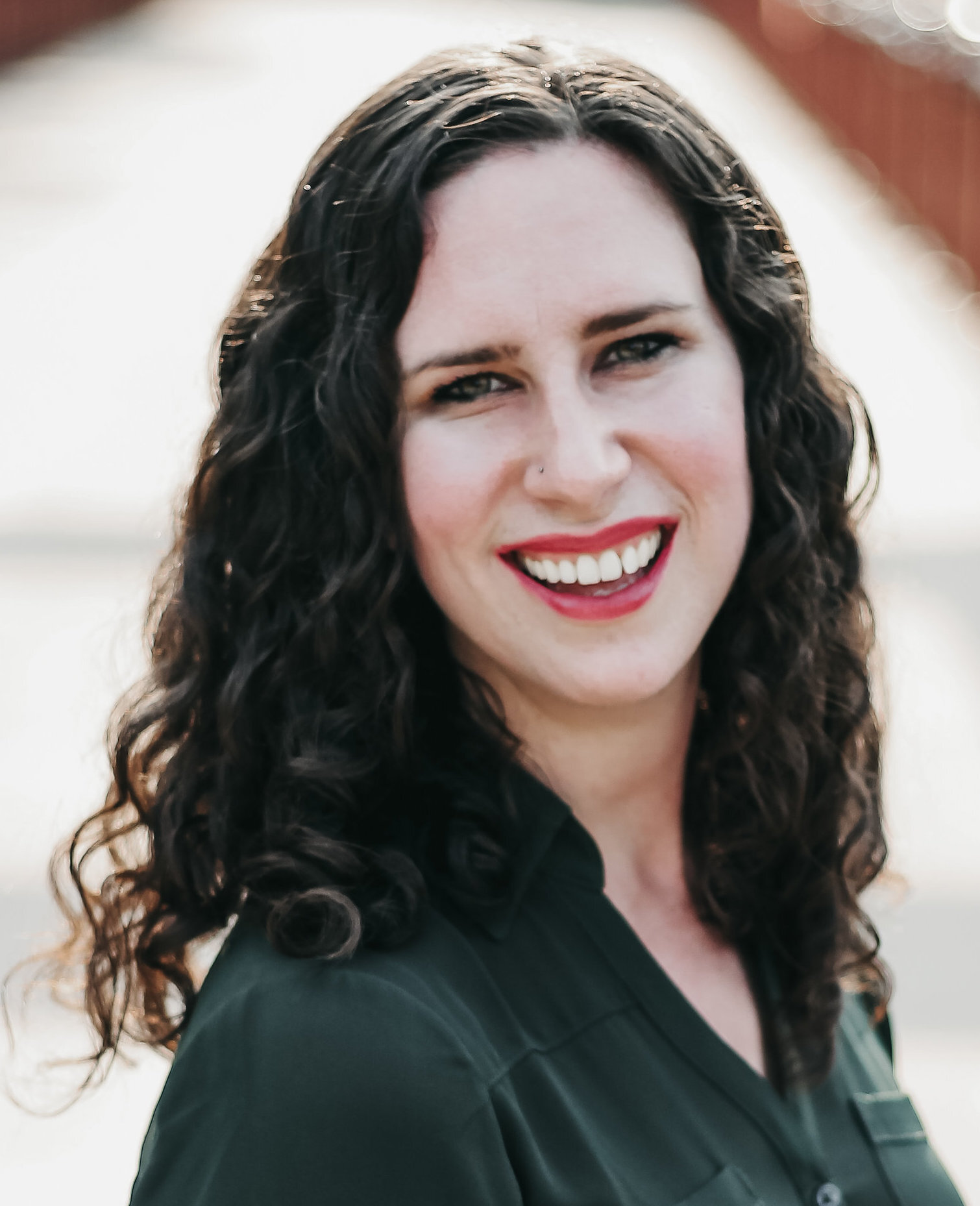Liz Breazeale received a 2020 Creative Writing Fellowship from the National Endowment for the Arts and won the 2018 Prairie Schooner Book Prize for Fiction for her first book, Extinction Events: Stories. She holds an MFA from Bowling Green State University and lives in Denver, where she works at the National Renewable Energy Laboratory and teaches at Lighthouse Writers Workshop. Her work is forthcoming or has appeared in Best Small Fictions 2020, Kenyon Review Online, Best of the Net 2014 & 2019, New Ohio Review, Hayden’s Ferry Review, Pleiades, Fence, Fugue, Sycamore Review, Passages North, and others.
Her story, "Hysteria," appeared in issue 102 of The Rupture.
Here, she speaks with interviewer Andrew Farkas about our absurd times, not wanting kids, and women not being allowed to control their own bodies.
Please tell us about the origins of "Hysteria." What sparked the initial idea and caused you to start writing the first draft?
You know, I don't remember what triggered this specific idea for me. I was probably reading some news article about yet another attempt at banning abortion somewhere across the country, and that probably set me off! Just thinking about the myriad of ways that women aren't allowed to control our own bodies, it really makes me furious, and when I'm furious, I write. Most of my best stories are born out of a deep, deep well of rage.
In this story, you juxtapose body horror (a woman with multiplying uteruses) with the childlike exuberance of many of the doctors. Because of this collision, the story feels absurd, rather than absolutely sinister (which it certainly could've been). Why did you decide to use this juxtaposition and what do you think it does for the story?
Woof. We are living in truly absurd times. For me, there was really no other way to tell the story, no other tone that would really capture the absurdity in which we're existing. But here we are! And the medical field—a field that historically has employed mostly men—has a long and storied past of ignoring the seriousness of women's injuries, illnesses, and pain in general; of course, it's always been worse and still is worse for Black women. But I really, really wanted to capture how it feels to be trapped in a body that is often willfully misunderstood and dismissed by physicians and the medical community. I mean, women, especially Black women, die every day because their pain is dismissed. And it's 2020. That is absurd. To me, this was really the only tone that would capture the horror of that in the most pointed way possible.
There is, of course, a running theme in "Hysteria" of men either thinking they know what women are going through, or men thinking of the abstract ("a medical marvel") rather than the concrete ("I can't be healthy, I have twenty uteruses"). When a female doctor finally enters, she sympathizes with the protagonist, but still isn't interested in giving her exactly what she wants. Since much of the story deals with the deep-rooted differences in personal experience between men and women, why does your narrator end up alienated from women too?
This is loosely based on my own personal experience of being a young woman who has always known she doesn't want kids. The minute you say that to anyone—friend, family, medical professional—there's always, always an implication that you, a 30 year old woman, couldn't possibly know what you want or what you want from your own body. I can't tell you how many times I've had someone dismiss my disinterest in children or birthing one as "Well, you may change your mind," or "you just haven't met the right guy yet." So there's a very real disregard of women and what we say and what we want that forms the basis of the story. And I felt that it was important for the final doctor to be a woman. She's an ally to the narrator, insofar as she does take her condition seriously. But she still, still believes she knows best. Women are often harder on one another than men are—we do the patriarchy's dirty work ourselves, I suppose. When women absorb the language of the patriarchy in which we live (we live in a world that despises women), when we weaponize it against other women, using it to paint over their concerns or desires, it is a unique kind of betrayal, and I wanted to capture that in this story.
What have you been reading recently that you might recommend?
I've been working my way through Jane Alison's book about craft and narrative, Meander, Spiral, Explode, and I highly recommend that. It's given me a whole new way to look at structure in my work.
What are you writing these days?
I'm working on stories for my next collection, which is going to be a lot of what I've been classifying as "feminist body horror." I'm still in the early stages, but it's going well so far. "Hysteria" will definitely be going into this new collection, along with several other very weird stories.

